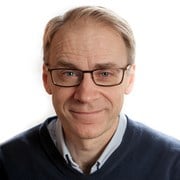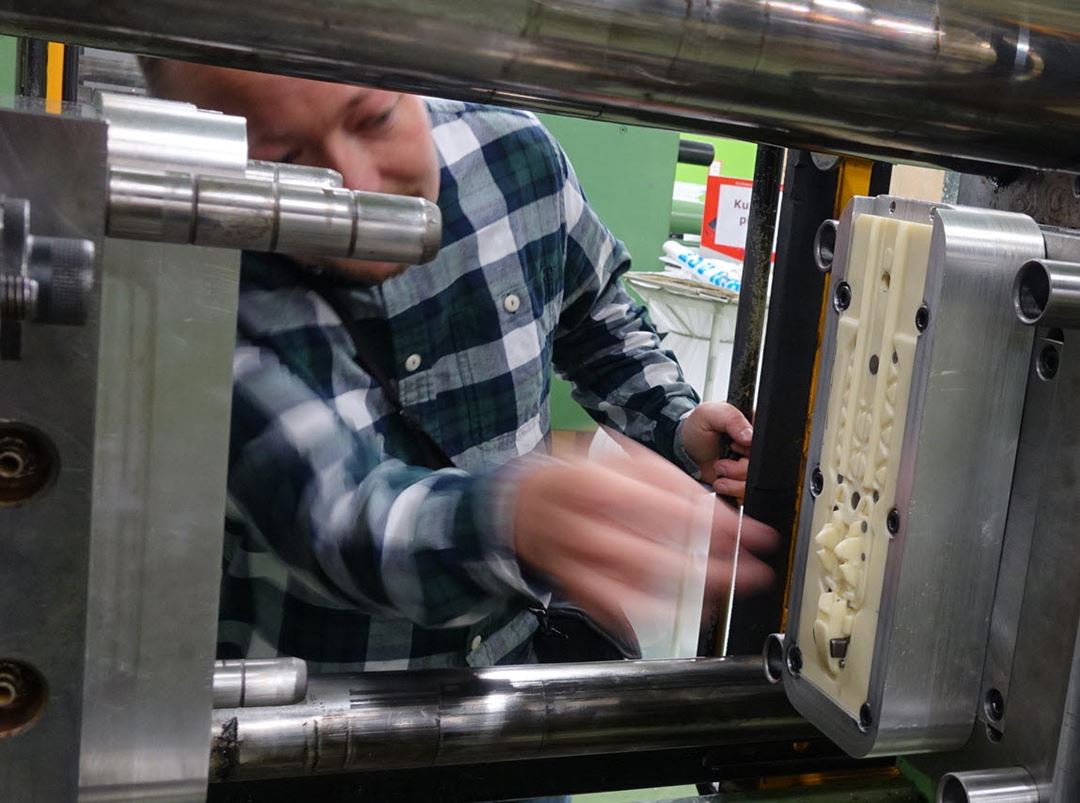The objective of this R&D project is to reduce costs and time-to-market for injection moulding of plastics components in small series (both prototypes and end-use components), based on innovative use of inexpensive mould inserts which can be fabricated fast. Such mould inserts will also give increased flexibility with regard to design modifications or customisation. Improved mould insert technology from this project will contribute to reduced costs and increased value creation for companies which develop, produce and use plastics components.
Today, such "rapid" mould inserts are often made in certain aluminium alloys by high-speed machining. In recent years, several polymer-based materials and processes have emerged for AM of mould inserts. With such AM technology, the production time and cost of a mould insert can be reduced compared to machined aluminium. The performance of "soft" inserts made by polymer-based AM cannot compete directly with inserts made by aluminium, but the project also considers combining inserts made by AM with certain machined aluminium parts.
This project focuses on mould inserts fabricated by AM in polymer-based materials. The overall objective is to fabricate and post-process mould inserts in such a way that the resulting injection moulded parts have better surface finish than obtained with such inserts today. One challenge is that most materials that give good surface finish, straight out of the AM machine, are rather brittle.

This project, with funding from the BIA programme of the Research Council of Norway, was initiated by the injection moulding company OM BE Plast and SINTEF Industry. The other project members are ABB, Flokk, Mascot Electronics, Nordic 3D, Nilssen 3D Service, NTNU, PLM Group, Rottefella, SINTEF Manufacturing, Sleipner Motor, Stokke and Ulefos Esco.

